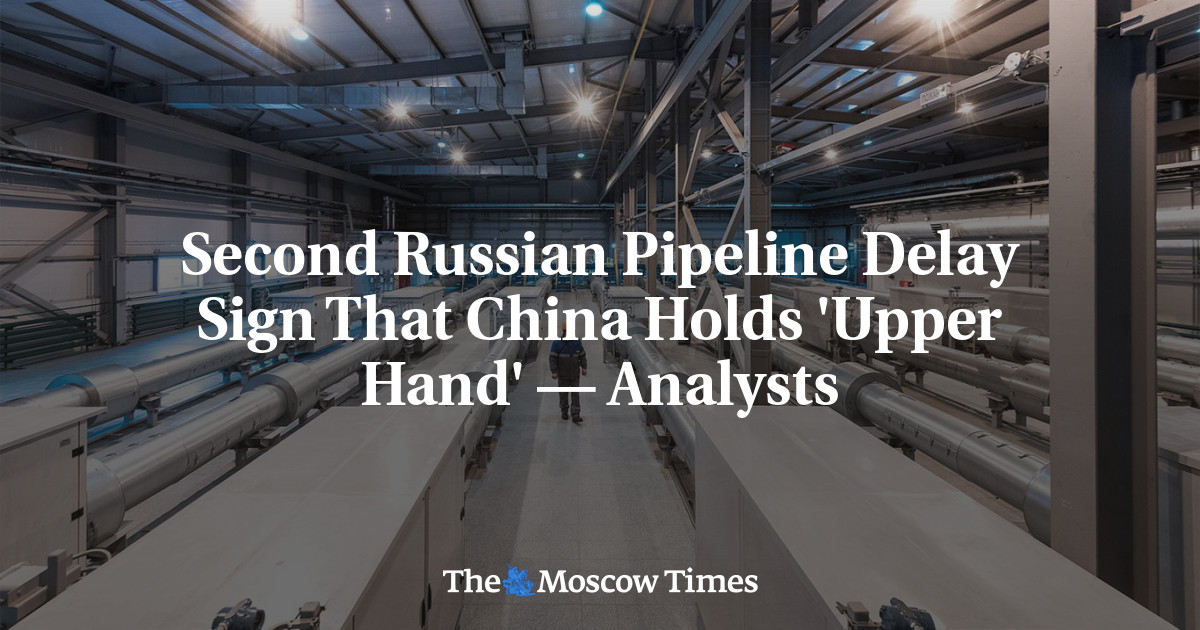
A massive new gas pipeline to China could help reduce Russia’s reliance on European buyers, but analysts say the project reveals a growing imbalance between the longtime strategic allies.
Beijing emerged as an economic lifeline for Moscow last year, above all for its energy purchases, after Western sanctions over Russia’s invasion of Ukraine cut Russia off from many of its crucial export markets.
Moscow is confident that the new pipeline, Power of Siberia 2, will move forward, but Beijing has so far avoided making an explicit commitment to the project.
Analysts say the lagging response shows an imbalance between the two countries that favors Beijing in energy deals, as well as China’s wariness of becoming overly reliant on Russian fuel.
The project was discussed during Chinese President Xi Jinping’s summit with Russian leader Vladimir Putin in Moscow this week, with Putin declaring that “all agreements have been reached” on the Power of Siberia 2 project.
However, their joint statement only committed the two sides to work on advancing “research and consultation” on the pipeline.
The Power of Siberia 2 pipeline could facilitate the transport of 50 billion cubic meters of gas to China annually, roughly on par with the total capacity of the mothballed Nord Stream 2 pipeline from Russia to Germany.
Previously the world’s largest exporter of liquefied natural gas (LNG), Russia’s gas exports plummeted in 2022 following multiple packages of Western sanctions over Russia’s invasion of Ukraine.
As Europe sought to diversify its energy supplies, Moscow turned to alternative buyers including China, to which it is already linked by the first Power of Siberia pipeline.
Russian gas deliveries to China through the existing Power of Siberia pipeline reached a record 15.5 billion cubic meters last year.
Leave a Reply